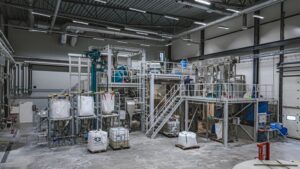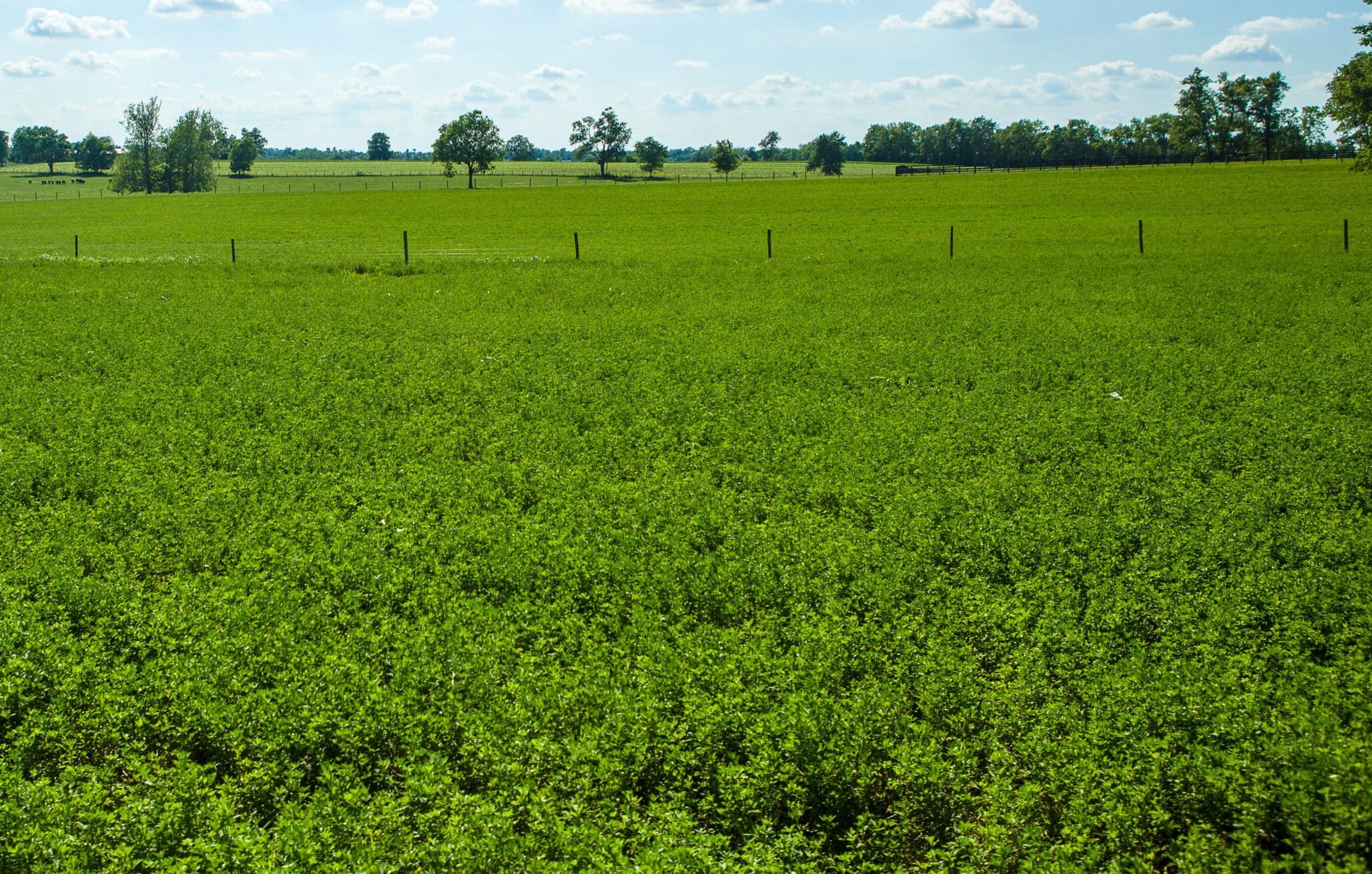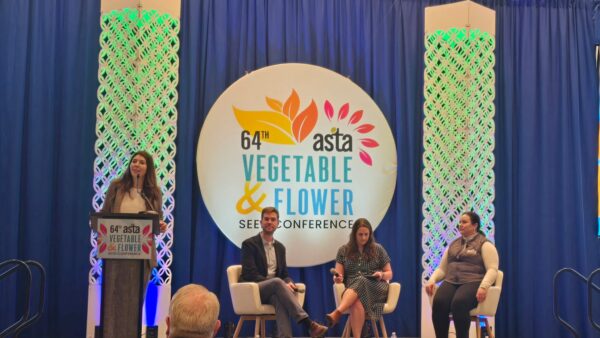Researchers in Denmark demonstrate that when legume plants are exposed to mixed bacterial communities, they selectively regulate access and accommodation of bacteria occupying a specialized environmental niche — the root nodule.
Maintaining populations of highly competitive symbionts in the soil, and ensuring predominant occupancy by effective nitrogen fixing bacteria, represent a major challenge that limits legume cultivation. The study shows that genetic resources available for the model legumes, in combination with co-inoculation strategies, provide a reliable framework for identifying the genetic mechanisms operating behind this compatibility at the plant root interface, thus allowing developments to further address this challenge in a targeted manner.
These results can be used in future studies to select beneficial microbes with enhanced colonization and maintenance ability inside plant hosts, and it provides a solid basis and platform for identification and selection of beneficial endophytic bacteria and highly efficient nitrogen-fixing rhizobia to be used as biofertilizers in sustainable agriculture.
More information is available at: http://www.eurekalert.org/pub_releases/2015-06/au-lci062215.php












